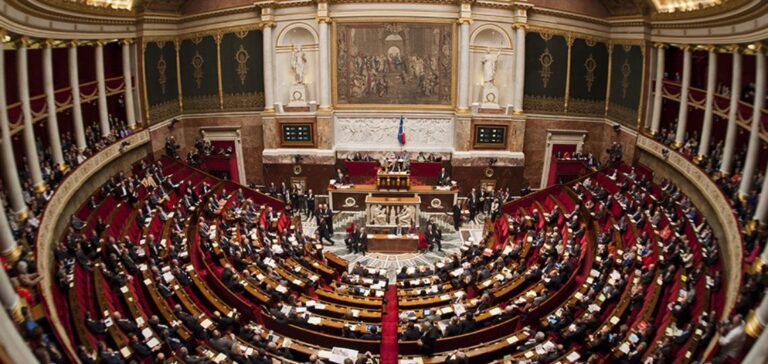The French National Assembly is the scene of a lively debate on the country’s future energy direction, highlighting a deep divide between nuclear and renewable energies. Despite the urgent call from MPs on all sides for a clear energy programming law, the government has postponed the adoption of this bill, leaving France’s energy future in limbo.
Environmental pressure and proposals
In an effort to speed up the process, ecologist Julie Laernoes presented a bill on April 4, aimed at setting ambitious targets for the development of renewable energies. However, this initiative was significantly altered by pro-nuclear amendments from Macronist MPs, triggering frustration and rejection from environmentalists.
Energy mix debate
This legislative tug-of-war highlights an ideological divide, with environmentalists condemning the use of nuclear power on the one hand, and voices like that of Renaissance MP Maud Bregeon defending nuclear power as a necessary complement to renewables on the other.
to move away from fossil fuels. This polarized debate is preventing the emergence of a consensus on the direction to take for the French energy transition.
Government strategies and outlook
Faced with this impasse, the government attempted to navigate between contradictory demands by enacting two separate texts, one on accelerating the deployment of renewables and the other on reviving nuclear power, each garnering the support of different factions within the Assembly. An approach that reveals the challenges inherent in developing a coherent energy policy in a fragmented political landscape.
The future of the Green bill remains uncertain, with limited time for discussion and an urgent strategic decision to be made. Julie Laernoes highlights this precarious situation, reflecting the difficulties of overcoming the duality between support for nuclear power and renewables to forge a stable parliamentary majority.






















